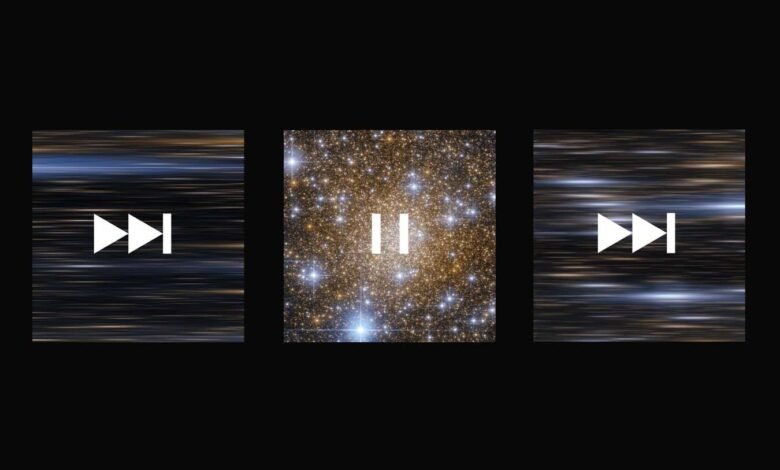How cosmic stasis may drastically rewrite the history of the universe


Ask someone how the universe began and they will probably reply with those three familiar words: the big bang. But as recently as the 1960s, cosmologists hotly debated this matter. On the other side of the argument to the big bang was the idea of an unchanging “steady state” universe, the density of which was kept the same by continually adding new matter as it expanded.
In the end, observations ruled out the idea of a steady state universe and cemented the place of the big bang in the canon of cosmology. That primordial explosion started a process of continual expansion, and today cosmologists view the universe as a place of constant flux.
But now a bold group of cosmologists is questioning all that. To be clear, this isn’t a return to the steady state universe, but something altogether more intriguing. The researchers are proposing that the universe’s history may have been punctuated by spells of eerie stillness. These periods of cosmic stasis could arise in such a way that they replace whole epochs of conventional cosmic history or become spliced within that timeline.
Bold is certainly the word for this hypothesis. “It’s pointing to a whole different family of possibilities that before this we didn’t realise could happen,” says Adrienne Erickcek at the University of North Carolina at Chapel Hill, who wasn’t involved in the work. But if these static periods do exist, they could solve all manner of conundrums, including what dark matter is made of. Even more exciting, these ideas may soon be testable.…
Source link




